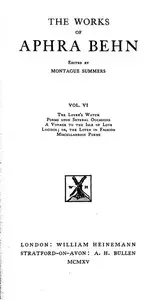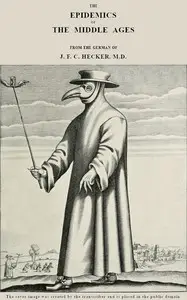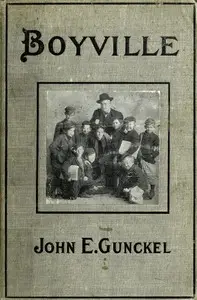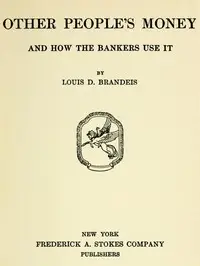"Love-Letters Between a Nobleman and His Sister" by Aphra Behn is a novel probably written in the late 17th century. The story revolves around the tumultuous love affair between Philander and his sister-in-law Sylvia during a time of political unrest. The characters grapple with societal norms and deep-seated emotions, exploring themes of forbidden love and familial loyalty. The opening of the novel introduces a narrative steeped in romantic tension and political intrigue. Philander is deeply enamored with Sylvia, his sister-in-law, which complicates matters as he is married to her sister, Myrtilla. As the letters unfold, we witness Philander's passionate declarations and Sylvia's own struggles with her feelings versus societal expectations. They are both trapped in a web of love and honor, torn between their desires and the consequences of their actions, setting a dramatic tone for the ensuing conflict that blends themes of love, betrayal, and the pursuit of happiness amid social constraints. (This is an automatically generated summary.)
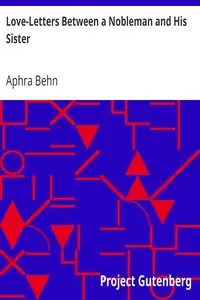
Love-Letters Between a Nobleman and His Sister
By Aphra Behn
"Love-Letters Between a Nobleman and His Sister" by Aphra Behn is a novel probably written in the late 17th century. The story revolves around the tum...
Aphra Behn was an English playwright, poet, prose writer and translator from the Restoration era. As one of the first English women to earn her living by her writing, she broke cultural barriers and served as a literary role model for later generations of women authors. Rising from obscurity, she came to the notice of Charles II, who employed her as a spy in Antwerp. Upon her return to London and a probable brief stay in debtors' prison, she began writing for the stage. She belonged to a coterie of poets and famous libertines such as John Wilmot, Lord Rochester. Behn wrote under the pastoral pseudonym Astrea. During the turbulent political times of the Exclusion Crisis, she wrote an epilogue and prologue that brought her legal trouble; she thereafter devoted most of her writing to prose genres and translations. A staunch supporter of the Stuart line, Behn declined an invitation from Bishop Burnet to write a welcoming poem to the new king William III. She died shortly after.



